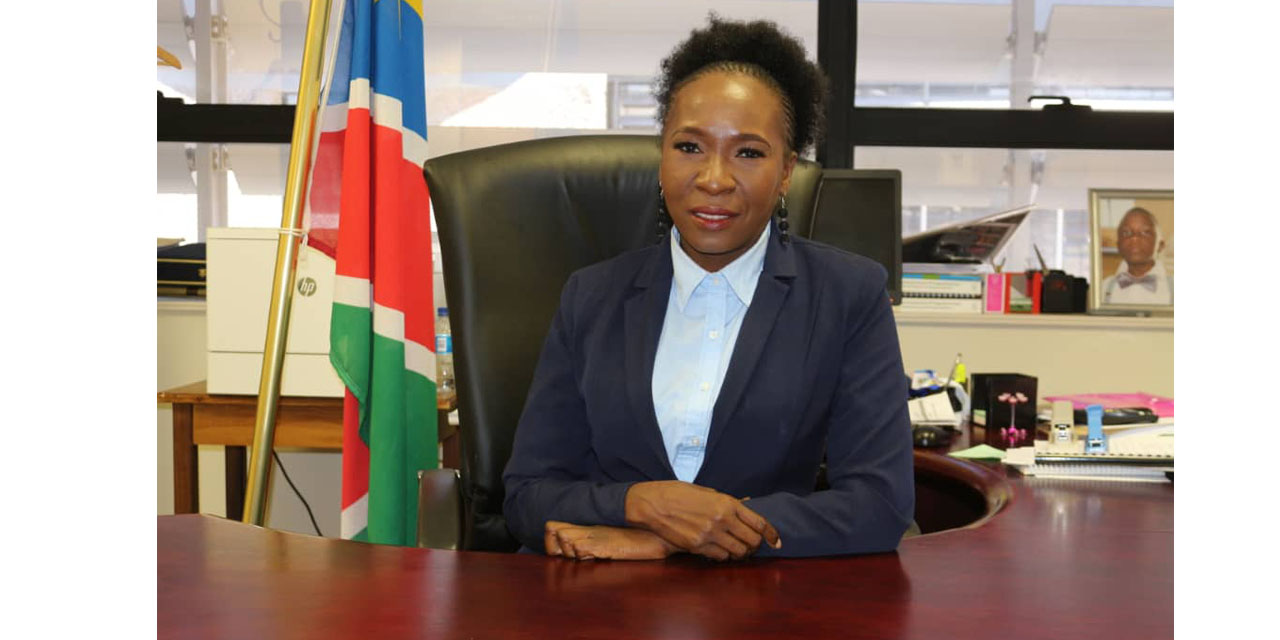Tujoromajo Kasuto
BIG Coalition says the recently launched Social Protection Policy 2021-2030 which was expected to outline comprehensive interventions to achieve the eradication of poverty is a disappointment.
Rinaani Musutua of the Basic Income Grant Coalition says that the policy states that social protection must help people to “cope with the risks, vulnerabilities and shocks throughout their life cycle”.
This includes poverty, illness, hunger, lack of income, inability to access education, health sanitation, housing etc and the policy documents have played a big role in reducing the poverty gap, especially the universal old age pension.
However, she observes, that when it comes to the actual interventions, the document does not propose any new or bold steps to address poverty head-on.
“It does not even introduce a universal child grant which was still envisaged in the draft policy of 2019. Instead, the policy merely proposes to sustain the current children’s grants, old age grants, disability grants and veterans’ grants. This is clearly not enough to deal with the current crisis faced by most Namibian households,” she explains.
President Hage Geingob in his State of the Nation Address last week announced a five-fold increase in disability grant from the current N$250 to N$1 300 in the next financial year.
The Coalition and many experts have repeatedly pointed to the threat that poverty and inequality pose to Namibia’s peace, security and stability as Namibia is among the countries with the highest levels of inequality.
A recent report by the World Bank reveals that 64 percent (1.6 million) of Namibians live in poverty and are unable to afford basic needs and live a minimally decent life.
Namibia has a youth unemployment rate of around 50 percent and the country faces a “double burden” of persistent malnutrition, and rising rates of diet-related non-communicable diseases.
According to the 2020 UN Global Report on Food Crises, 859,898 Namibians are constantly stressed about where they will get their next meal, of which 447,577 need humanitarian aid.
Thus, malnutrition remains the leading cause of deaths among children under the age of five in Namibia.
Musutwa says that as result to this, implementation of redistributive cash transfer programmes such as a universal BIG have proven, through their poverty and inequality reduction effects, to play an important role in addressing the crisis.
“We call on our government to take urgent steps to address the needs and discontent of the ever-increasing hungry Namibians. That is why we repeat our call for the government to urgently implement a universal/unconditional BIG scheme of at least N$500 per month,” she explains.
She says this will be a comprehensive intervention unlike the proposed conversion of the Harambee Food Bank and the Marginalised People’s Feeding Programme which currently only has 45,000 beneficiaries and thus leave out most of those in need.
“We need to ensure that we address poverty holistically without putting the poor through tiresome and cumbersome processes and penalties by making the grant means tested. That is why a universal BIG for all Namibians alongside the universal child grant and the social pensions is the best option through which to address hunger and poverty head-on,” affirms Musutua.




